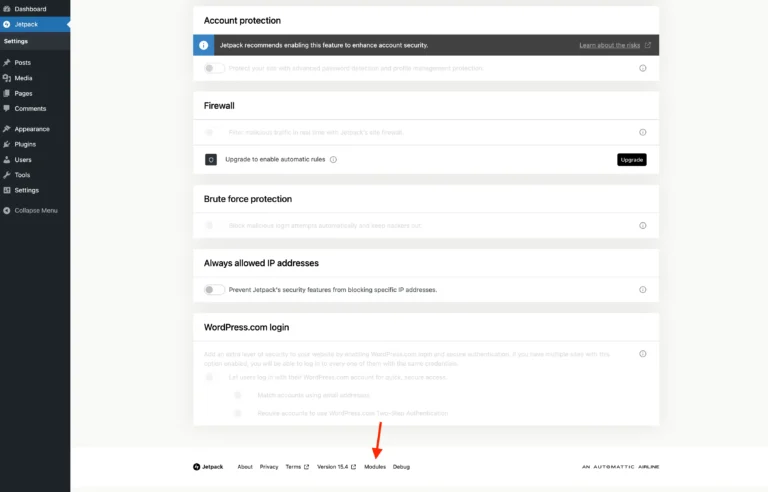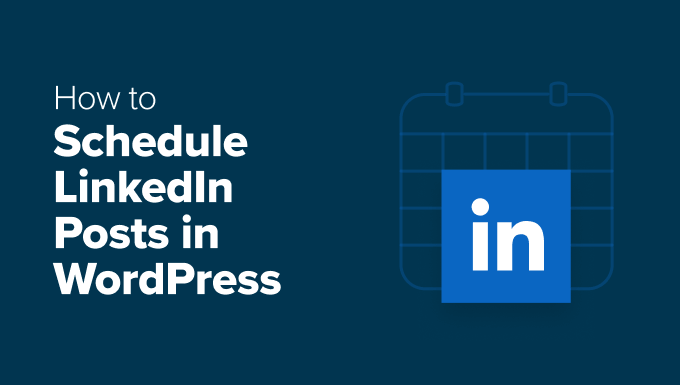
As the year’s most significant shopping events, Black Friday and Cyber Monday (BFCM) offer a golden opportunity for affiliate marketers, especially in competitive markets like Technology, Beauty and Fashion, Personal Finance, and Website Hosting. With consumers actively hunting for deals, affiliates in these industries have the potential to boost their revenue significantly.
According to recent data by Salesforce summarized by Queue it and the National Retail Federation (NRF), spending during BFCM has seen substantial increases year over year (YoY), with online sales for Black Friday increasing by 8% to $70.9 billion. Cyber Week sales rose by 6% to 298 billion globally in 2023, with affiliates and partners being associated with 16.6% of all online sales across the season. Black Friday was also the day with the most online shoppers in the US, counting 90.6 million consumers, with an average spend of more than $300 – fitting for the first economy in the World. While there are signs of traffic slowing down in 2023, all other metrics continue to increase YoY.
In 2024, online sales will only continue to climb as more consumers look to snag the best deals online rather than at physical stores. This period is critical for affiliates to showcase strategic planning, creativity, and adaptability.
Even though the preparation might seem overwhelming, keep going. This guide is designed to be completed in two to three days of focused work, making it possible to create high-impact campaigns for BFCM with time to spare.
Research, Analyze, and Strategize
Every successful affiliate campaign begins with thoughtful analysis and planning. Here, we’ll explore the steps to make data-driven decisions to maximize conversions and optimize campaigns for BFCM success.
Review Past Performance
One of the first steps in preparing for BFCM is evaluating previous campaigns. This analysis provides valuable insights into what worked well, which channels generated the most engagement and conversions, and the types of content that resonated with your audience. For example, if in 2023, product comparison tables on your website brought in a higher conversion rate than blog posts, you’ll want to leverage that content type more heavily this year.
For new affiliates, researching case studies or success stories from other affiliates can be highly informative. Many seasoned affiliates share their BFCM experiences online, highlighting what yielded the best results and pitfalls to avoid. Learning from the insights of others can prevent unnecessary waste of time and efforts, especially in such a competitive time frame.
Identify Current Trends
Understanding current consumer trends is essential for Affiliate Marketing in general. For web hosting affiliates, trends may include:
- The rise of value provided for package services;
- Security hardening;
- Demand for faster loading speeds;
- The integration of AI tools with hosting services.
Keeping up with these trends can help affiliates tailor their promotional strategies to what customers are actively seeking.
For instance, if customers are currently more interested in hosting providers that emphasize app-specific support, affiliates could highlight that in a dedicated article or comparison chart. Aligning with current trends helps your promotions feel relevant, making customers more likely to trust your recommendations.
Expand Your Portfolio and Satisfy Audience Search Queues
As an affiliate, it’s beneficial to add new sections or entire niches to your promotional portfolio. In web hosting, this means expanding to include reviews on related services, such as cloud storage or CDNs, that appeal to your audience. Additionally, consider re-evaluating existing products from new angles. For example, if you previously promoted a hosting service based on its affordable pricing, you could also focus on its newly added security features, targeting an audience that values data protection.
Satisfying customers’ search queues in product promotion can create fresh opportunities for content creation, such as comparison articles that showcase the different uses of similar products. This approach can attract whole new customer segments that your previous marketing efforts might not have reached.
Verify Links, Deals, and Terms
Before launching any campaign, double-check that your affiliate links are working correctly and that you understand the terms of the deals and services that you are promoting. Often, affiliate programs offer unique BFCM deals that vary from standard offers, so confirm that your campaign and ads reflect them. This is especially relevant in web hosting, where providers may introduce new limited-time plans or incentives for BFCM. To check How to Promote Correctly FastComet Offers with Google Ads visit our post on the topic.
Prioritize Quality Over Quantity
During BFCM, high-quality content is more likely to convert than a high volume of generalized promotions. Focus on well-crafted buying guides, reviews, and articles that provide value to readers. A thorough article comparing the best web hosting options for small businesses, complete with features, pricing, and performance metrics, may lead to more conversions than multiple brief posts.
Allocate Your Budget Wisely
If you have an advertising budget, allocate it according to insights from your research and analysis. For instance, if you find that social media advertising yielded higher returns in past campaigns, invest in targeted ads for BFCM to boost visibility. Paid ads can be particularly effective for attracting users who are specifically searching for web hosting deals. But remember, even with ads, content quality and relevance are essential to drive conversions.
Edit and Execute
With a solid plan in place, it’s time to put it into action. From content updates to link verification, here’s how to ensure your affiliate marketing campaign is ready for BFCM.
Optimize Your Website
A well-optimized website is crucial to capturing conversions for Black Friday and Cyber Monday. Start by enhancing load speed: compress images, enable caching, and consider using a Content Delivery Network (CDN) to reduce latency. A fast website keeps visitors engaged, reducing bounce rates during high-traffic periods. For more details on optimization and tools for the job, check our Top Website Performance & Speed Test Tools You Should be Using post
Simplify your site’s navigation and structure. Organize content by categories (e.g., “Best Shared Hosting Deals”) and add a search bar for quick access. Dedicated BFCM landing pages can further streamline user experience, focusing visitors’ attention on key deals and hosting comparisons.
Mobile responsiveness is equally important. Ensure your site adapts seamlessly to various screen sizes with clickable call-to-action (CTA) buttons that are easy to tap. Mobile optimization ensures users can browse and act without frustration.
Finally, CTAs should be strengthened, and trust with visitors should be built. Use action-oriented language like “Claim Your Deal Now” and make buttons prominent. Adding testimonials, security badges, and an affiliate disclosure boosts credibility, making users more likely to engage with your links. Together, these adjustments can create a smooth, reliable experience that converts visitors into buyers during BFCM.
Leverage New Insights
Apply the insights from your research to your content strategy. For instance, create new buying guides or product reviews based on current trends or new customer needs you identified.
Furthermore, consider updating existing content to ensure its relevance; this could mean adding new details, such as the latest features or test results, to an older article that is already a cornerstone of its category in your content list or your entire website.
Create Dedicated Landing Pages
Dedicated landing pages for BFCM can improve conversion rates by providing visitors with a focused shopping experience. These pages should be optimized for key web hosting keywords, and the features you see should be prioritized in the customer’s demands online. Add to them the best deals you can get, testimonials, and quick links to make purchases. Testing all your affiliate links beforehand is also essential to avoid missed conversions and profits.
During Black Friday and Cyber Monday
As BFCM unfolds, actively monitor and optimize your campaign to maximize results.
Track Partner Deals and Inventory
Partners may adjust their deals or run out of inventory, so stay informed of any changes. Accurate information builds trust with your audience and prevents potential frustration if a deal expires or a product sells out.
Monitor Click Rates and Ad Spending
Tracking click rates provides real-time feedback on your campaign’s effectiveness. If one piece of content generates significantly more clicks than others, consider amplifying it with paid ads. At the same time, monitor your ad spending to ensure it aligns with conversion rates. Adjust budgets accordingly to maximize returns on high-performing content and reduce spending on underperforming content.
Keep an Eye on Key Performance Indicators (KPIs)
Whether you’re focusing on email click-through rates, page views, or social media shares, tracking KPIs is essential to assess your strategy’s success. If running campaigns on multiple channels, compare KPIs to identify which drive the highest conversions. For example, if email promotions yield higher engagement, you should emphasize email marketing throughout the rest of BFCM.
Conclusion
Ending Black Friday and Cyber Monday on a high note is essential for affiliate marketers. But the end of BFCM doesn’t mean the end of opportunities. As soon as the weekend sales wind down, assess your performance and pinpoint areas for improvement. Use your data to prepare for the Christmas promotions, which are just around the corner.
With a robust post-BFCM strategy, affiliates can leverage the insights gained to keep momentum going into the holiday season. Remember that successful affiliate marketing is about staying informed, flexible, and customer-focused, ensuring you’re meeting and exceeding audience expectations year-round.






